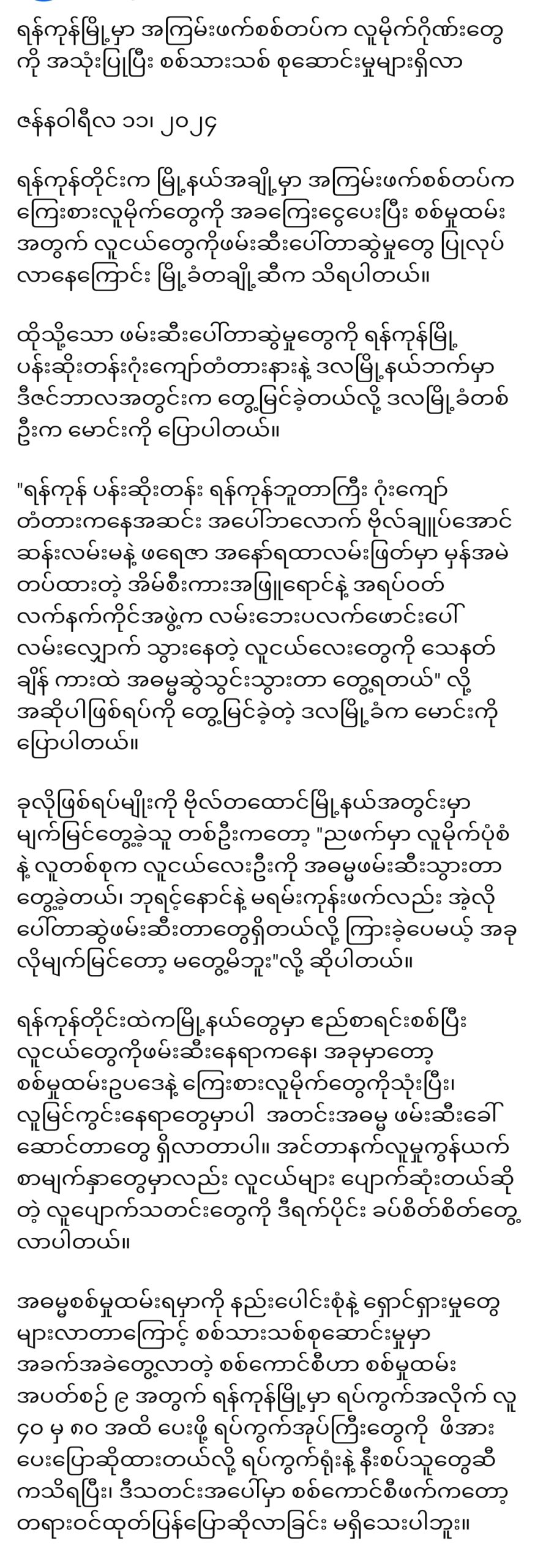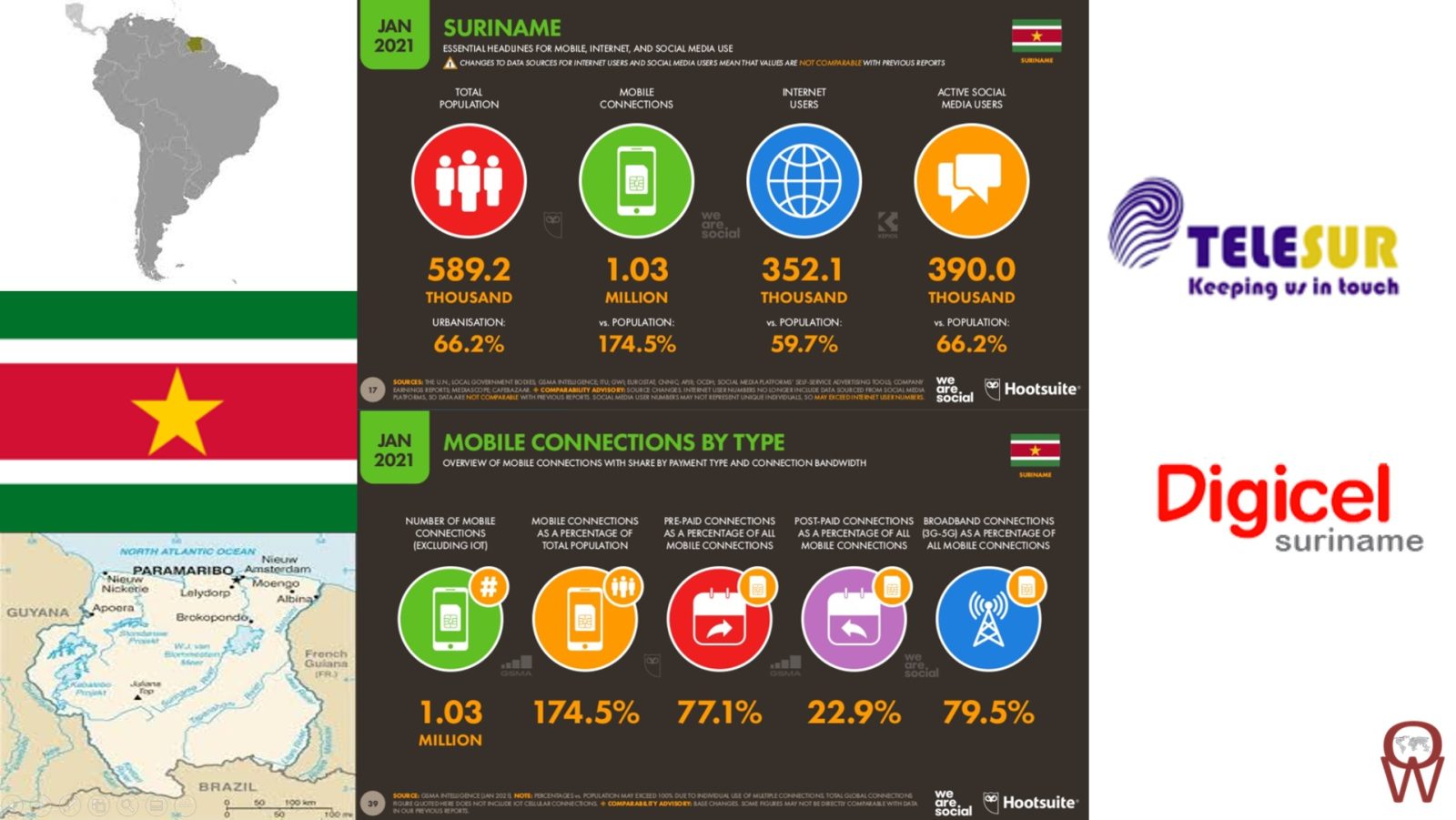
Telecommunication companies in suriname
Suriname, a small country located in South America, has a relatively modest yet rapidly evolving telecommunications sector. With a population of just over 600,000, the industry has become a crucial part of the country’s economy, connecting citizens and businesses both locally and internationally. The telecommunication sector in Suriname is primarily composed of a few key players that provide services such as mobile networks, fixed-line telephony, broadband internet, and digital television.
Major Telecommunication Companies in Suriname
1. Telesur
Telesur is the leading telecommunications provider in Suriname, operating as a state-owned company. Established in 1981, it holds a monopoly on fixed-line telephony while also being a dominant force in mobile and broadband internet services. Telesur offers a wide range of services under its popular “SuriNet” and “SuriCell” brands, including 4G LTE mobile networks, fiber-optic internet, and IPTV services. The company has been a pioneer in introducing advanced technologies in the country, such as the deployment of 5G trials and international submarine cable connectivity, which enhances internet speeds and reliability.
2. Digicel Suriname
Digicel is a major competitor to Telesur in the mobile telecommunications market. A part of the multinational Digicel Group, which operates across the Caribbean, Central America, and the Pacific, Digicel Suriname launched its services in 2007. It is known for its competitive mobile data and voice plans, often catering to younger users with affordable prepaid options. Digicel has invested in expanding 4G LTE networks and offers bundled packages that include mobile services, home internet, and digital television.
3. Satsurin
Satsurin, a smaller telecommunications provider, primarily focuses on satellite communications and niche internet services. It caters to both residential and commercial clients, providing connectivity solutions in remote areas where traditional infrastructure is lacking. Satsurin is an important player in bridging the digital divide in Suriname’s interior regions.
4. Other Emerging Providers
Several smaller companies and internet service providers (ISPs) contribute to the country’s telecommunications landscape. These providers often focus on specific niches, such as business-oriented broadband services, VoIP solutions, and managed IT services. While their market share is limited compared to Telesur and Digicel, they play a crucial role in diversifying the sector.
Industry Challenges and Opportunities
The telecommunications industry in Suriname faces several challenges, including the high cost of infrastructure development, limited competition in certain segments, and economic fluctuations that affect consumer spending. Furthermore, rural and interior regions remain underserved due to geographic and logistical constraints.
However, there are significant opportunities for growth, particularly in expanding broadband access, developing 5G networks, and increasing digital literacy among the population. The government’s initiatives to liberalize the sector and attract foreign investment aim to enhance competition and improve service quality.
Conclusion
Telecommunication companies in Suriname, led by Telesur and Digicel, are vital to the country’s connectivity and economic development. Despite challenges, the sector is poised for growth, driven by technological advancements and increasing demand for digital services. With ongoing investments in infrastructure and innovative solutions, Suriname’s telecommunications industry is expected to play a pivotal role in shaping the country’s future.




Leave a Reply